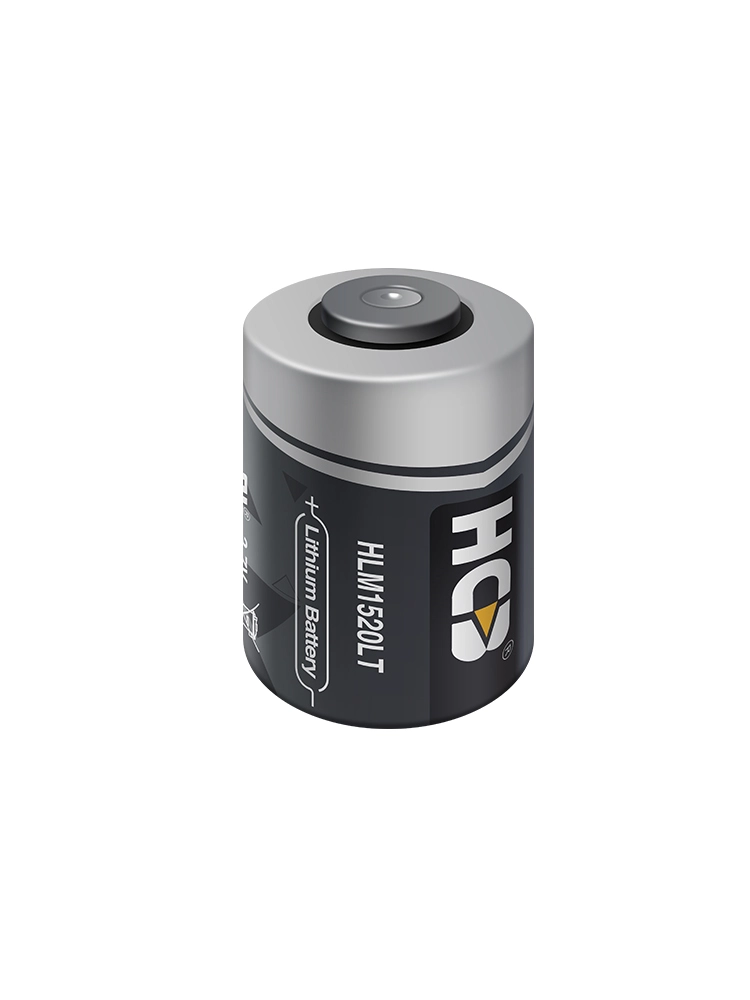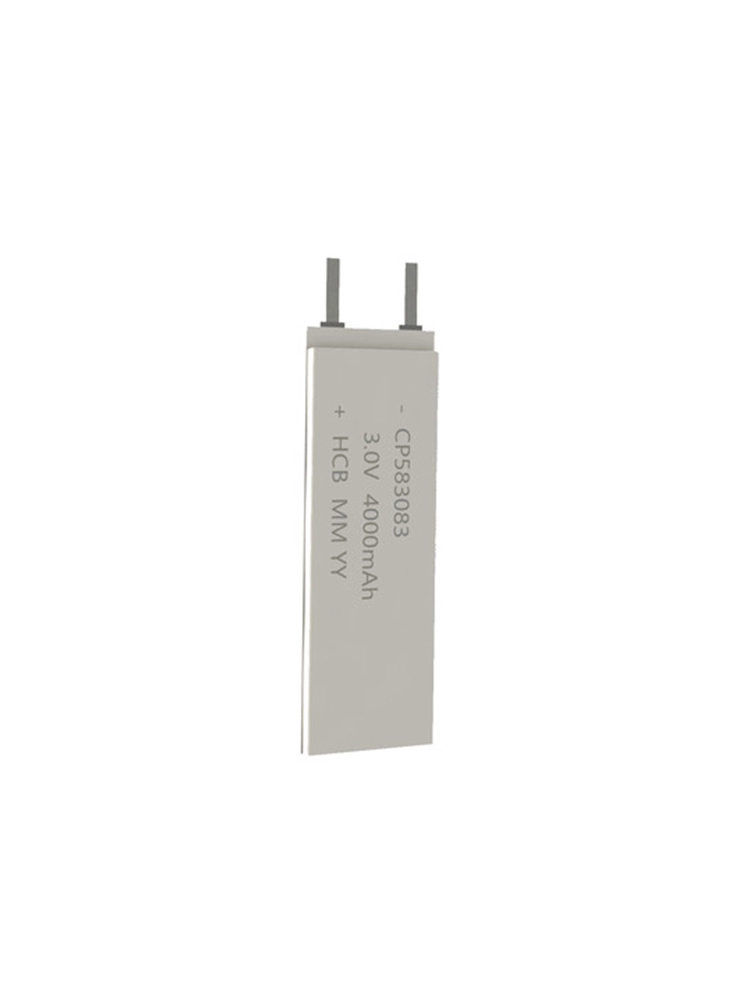The lithium thionyl chloride cell is a disposable lithium battery. Its excellent reliability and long life characteristics make it a perfect match for various internet of things devices.
The lithium thionyl chloride cell has a rated voltage of 3.6V, and its operating voltage varies with the load, generally between 3.0V and 3.6V, which is the highest among all single cells. The battery's specific energy is as high as 500WH/kg, and its specific volume energy is as high as 1000WH/L, which is currently the highest in batteries.
According to its application, it can be divided into three types: capacity type, power type, and high-temperature type. The lithium thionyl chloride cell is particularly suitable for long-term discharge use, and more than 90% of the capacity can be released on a high platform where the voltage is almost constant.
The lithium thionyl chloride cell can be used in extremely harsh environments. Conventional batteries can be used in environments ranging from -55℃ to +85℃, and special batteries can be used in environments as high as 150℃. At room temperature, the self-discharge rate of the battery is less than 1%, and the storage life in environments below 35℃ can reach 15 years.
Lithium metal negative electrode: It is connected to the original negative pole of the battery, and the electron flows out from here;
Carbon rod: the place where reduction reaction occurs, with a high porosity;
Separator: A porous membrane that separates the negative electrode material from the positive electrode material;
Carbon positive electrode: The electron flows from the negative electrode to the positive electrode;
Electrolyte: Thionyl chloride in the electrolyte is not only an electrolyte but also a positive electrode active material;
Current collector: Located in the middle of the battery case, it connects to the positive electrode pole of the battery.
All these components are sealed in a hard cylindrical shell.
Lithium thionyl chloride batteries can be used in various fields, and are particularly important in smart card meters (water, electricity, gas meters), computer backup power supplies, medical equipment, wireless communications, oil drilling, handheld communication equipment, scientific research instruments, remote data acquisition systems, special applications, and other electric devices.
Stable high working voltage platform, high specific volume energy/high specific energy, low self-discharge rate, storage life of up to 15 years (self-discharge rate is less than 1% per year at environmental temperatures lower than 20℃); all-stainless steel outer body, metal glass sealing structure, non-flammable inorganic electrolyte, and wide temperature application range.



